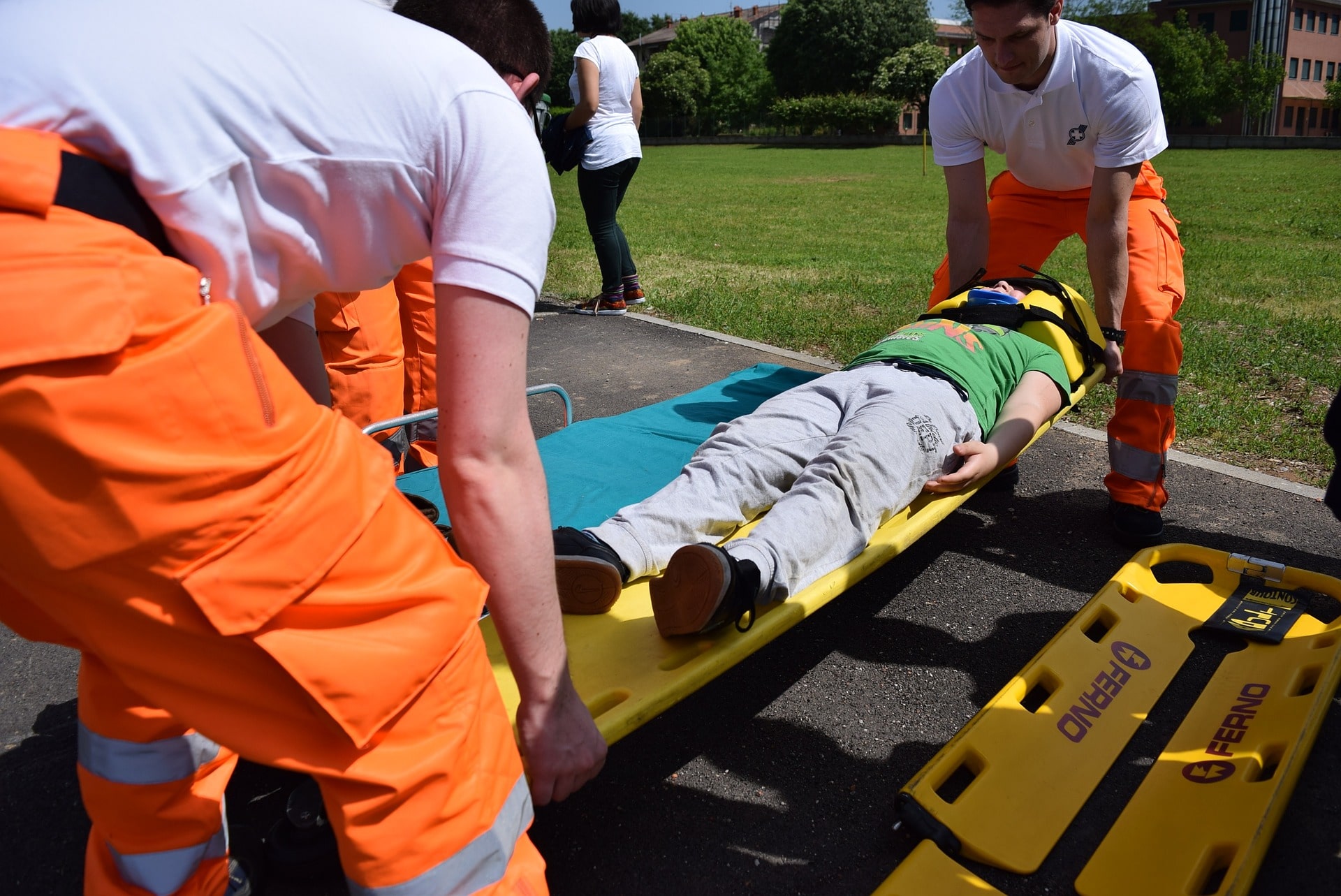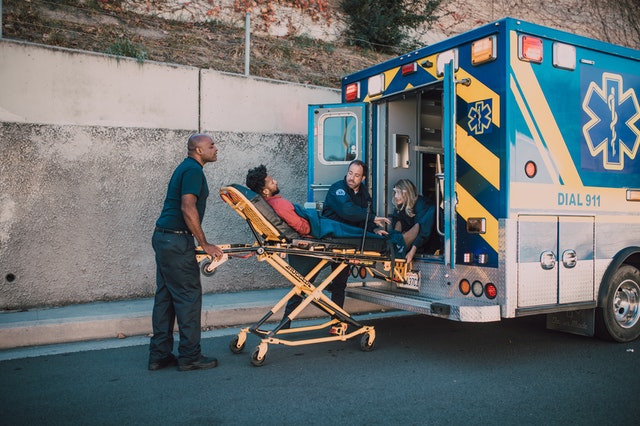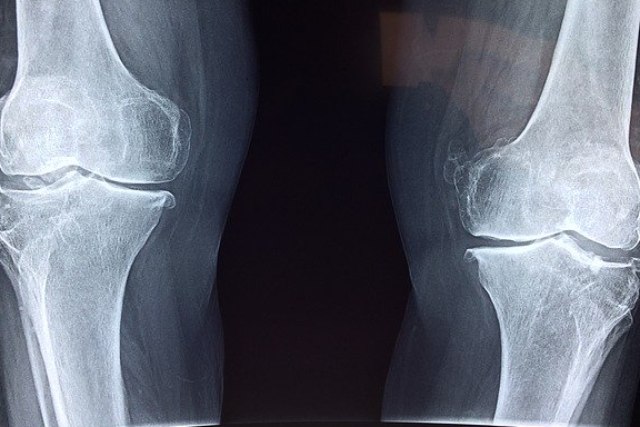
Filing a Wrongful Death Claim in Vermont: A Legal Guide






Understanding Your Right to File a Wrongful Death Claim
Wrongful death claims involve unique legal considerations that can significantly impact your ability to seek justice and compensation for your unimaginable loss. These claims arise when an individual’s death is caused by the wrongful act, neglect, or delay of another party.
These claims are defined by the Vermont Statutes Annotated, particularly 14 V.S.A. § 1492. This law specifies critical factors such as who can file, the types of damages that may be recovered, and the strict time limits for filing.
At Sabbeth Law, we understand how crucial it is to have this information upfront. We’re here to help protect and assert your rights every step of the way. If you are coping with the tragedy of losing someone due to another party’s negligence, we encourage you to reach out to our firm for the guidance and legal support you need.

Eligibility to File a Wrongful Death Claim in Vermont
In Vermont, the right to file a wrongful death claim is regulated by state law, and knowing who can file a claim is essential. The following individuals or entities may have the right to bring a wrongful death claim:
- The deceased person’s spouse
- The deceased person’s children
- The deceased person’s parents
- The personal representative of the deceased person’s estate
Although multiple family members may have grounds to claim, Vermont law typically designates a specific order of priority.
First priority goes to the spouse. If there is no surviving spouse, or the spouse decides not to file, priority passes to the children. If there are neither children nor a spouse to take action, the deceased’s parents may file. Finally, if none of these immediate family members pursue a claim, the personal representative of the estate may proceed on behalf of the deceased.
It’s also crucial to remember that any recovery from a successful wrongful death case is distributed according to Vermont laws regarding intestate succession. Thus, even if you are not the individual filing the claim, you could still be entitled to a share of the damages.
Contact UsSteps to File a Wrongful Death Claim
Filing a wrongful death claim in Vermont can be complex, involving multiple legal steps and strict deadlines. The role of a Vermont wrongful death lawyer is to alleviate the burden by handling every aspect of filing, investigation, and litigation. While no legal action can fully make up for your loss, pursuing a claim can offer both financial compensation and a sense of accountability for those responsible.
- Determine Eligibility: First, it must be determined whether you are legally authorized to file the wrongful death claim. The personal representative of the deceased person’s estate or specific family members typically have this responsibility.
- Gather Evidence: Evidence is collected and meticulously analyzed. This includes medical records, police reports, witness statements, and professional testimonies.
- Identify Liable Parties: All parties that may bear responsibility for the death are scrutinized, whether individuals, businesses, or government entities. Understanding who is accountable helps build a cohesive case strategy.
- Calculate Damages: Possible economic and non-economic damages, including medical costs, funeral expenses, lost wages, and loss of companionship, are calculated. They must capture the full value of your loss.
- File the Claim: Your claim is filed within Vermont’s statute of limitations, which is generally two (2) years from the date of death. Filing promptly preserves your rights and allows you to begin building your case without delay.
- Negotiate with Insurance Companies: Dealing with insurance representatives can be stressful. It is ideal to allow your attorney to handle all correspondence and negotiations to protect your interests and work toward a fair settlement.
- Prepare for Trial: If a settlement cannot be reached, you can file a lawsuit in court. During trial, professional witnesses may be necessary to present a compelling case to seek the justice your loved one deserves.
Throughout each step, our focus stays on providing compassionate advocacy while fighting aggressively for your family’s best interests. Our strategic approach applies to all types of fatal accidents, including those involving significant complexities like truck accidents or other serious incidents. If you’re ready to get started, we invite you to reach out for a free consultation.

Documentation and Evidence Needed
Building a strong wrongful death case often hinges on gathering the right documentation. Collecting, organizing, and preserving all relevant evidence are crucial. While every case is unique, certain pieces of information are nearly always important:
- Death Certificate: This official document confirms the date and cause of death and is essential for any wrongful death claim.
- Medical Records: We collect records of all treatments your loved one received before passing, including possible autopsy findings. These details can clarify how the negligence or wrongful act contributed to the death.
- Police Reports: If authorities are involved, such as in a vehicle collision, official reports often serve as objective third-party accounts.
- Financial and Employment Records: These demonstrate the deceased’s earning capacity, lost wages, and potential future benefits, which factor into a claim for economic damages.
- Insurance Policies: A thorough review of life insurance, liability insurance, and other applicable policies is critical for understanding potential compensation sources.
- Eyewitness Statements and Professional Testimony: Firsthand accounts and analyses from accident reconstruction professionals, medical professionals, or other professionals strengthen your claim.
The deceased family’s emotional and financial losses often extend beyond easily quantifiable numbers. Therefore, evidence reflecting the love, guidance, or companionship the deceased provided can also be collected. This documentation informs the portion of your claim that addresses non-economic damages.
Contact UsTime Limits for Filing a Claim in Vermont
In Vermont, the statute of limitations for filing a wrongful death claim is generally two (2) years from the date of death. This means you may file before the second anniversary of your loved one’s passing, or you risk forfeiting your right to compensation. While two years may sound like ample time, it’s essential to begin promptly. Evidence can deteriorate, documents can be lost, and witness recollections can fade.
There can be exceptions, such as instances where the cause of death was not immediately clear, but relying on these exceptions without professional legal advice is risky. Our attorneys at Sabbeth Law are familiar with the complexities of time-barred cases. If you’re unsure how the statute of limitations might affect your case, we encourage you to reach out sooner rather than later.
Potential Compensation for Wrongful Death Claims
No amount of compensation can replace a lost loved one. However, a successful wrongful death claim can ease financial burdens and provide a sense of closure by holding responsible parties accountable. In Vermont, damages typically include both economic and non-economic losses:
- Medical Expenses: Costs incurred for your loved one’s injuries, treatments, or hospital stays before passing.
- Funeral and Burial Costs: Funds to cover the necessary arrangements after your loved one’s death.
- Lost Wages and Benefits: Compensation for wages your loved one would have earned, including retirement benefits, health insurance, or other perks tied to employment.
- Loss of Companionship: Compensation that addresses emotional and psychological suffering, including loss of guidance and emotional support.
- Non-Economic Damages: Damages for the pain and suffering your loved one endured before passing and the mental anguish that surviving family members experience.
In rare situations involving extreme negligence or intentional misbehavior, Vermont courts might consider punitive damages to punish the party at-fault and deter similar future actions. Note that the Vermont Supreme Court has held in Fly Fish Vt., Inc. v. Chapin Hill Estates, Inc. (2010) VT 33 that to be entitled to punitive damages, a party must prove both malice and wrongful conduct.
Finally, the extent of these damages can vary based on factors such as the deceased’s earning capacity, life expectancy, personal circumstances, and level of negligence involved. We evaluate every factor, working closely with economic and medical professionals to ensure we seek the maximum compensation your case merits.

The Role of Legal Representation
Pursuing a wrongful death claim while grieving is understandably overwhelming. Our team at Sabbeth Law steps in to shoulder the legal burdens so that you can focus on healing. We:
- Offer Professional Guidance: We explain every step of the legal process and let you know what to expect, ensuring transparency.
- Advocate for You: Through negotiations, court filings, and litigation, we stand up for your family’s rights and seek the best possible outcome.
- Coordinate Resources: From accident reconstruction professionals to financial analysts, we assemble the personnel needed to build a strong case.
- Provide Compassionate Support: We recognize your emotional pain; our clients are not just case files. We offer genuine empathy while we pursue your legal interests.
Our experience with complex lawsuits, including truck accidents and other major injury cases, enables us to anticipate potential legal pitfalls. We tailor our strategy to your specific circumstances. By choosing us, you’re placing your trust in a firm determined to secure fair compensation while helping you navigate a path to closure.
Contact UsSchedule Your Consultation Today with Sabbeth Law
If you’ve lost a loved one due to another’s negligence or wrongdoing, we want to help you pursue the justice and compensation your family deserves. At Sabbeth Law, we strive to honor your loved one’s memory by holding the responsible parties accountable for their actions. We handle the complex legal work so that you can focus on healing and on celebrating the life of the person you lost.
Contact Sabbeth Law for a free, no-obligation consultation. We’re ready to answer your questions, clarify your legal options, and guide you through every stage of your claim. While no sum of money can erase the pain of your loss, taking legal action may bring closure and financial security during this trying time. Let us stand by your side and fight for the justice you and your loved one deserve.
Practice Areas
Client Testimonials
LUKE PARMENTER“Immediately after my son’s injury at work, he was treated poorly. Over the course of the next few days it became even worse, so I called Mike and he and Crystal have been absolute lifesavers during the process. Mike is not your typical stuffed suit lawyer who only cares about the bottom line he genuinely cares about his clients and his assistant Crystal is beyond amazing! My thanks to you both!”
Client Testimonials
“Immediately after my son’s injury at work, he was treated poorly. Over the course of the next few days it became even worse, so I called Mike and he and Crystal have been absolute lifesavers during the process. Mike is not your typical stuffed suit lawyer who only cares about the bottom line he genuinely cares about his clients and his assistant Crystal is beyond amazing! My thanks to you both!”
LUKE PARMENTER
“I could never ask for a better attorney, to fight for me, to believe in me, and have faith in me, than what I found in Mike Sabbeth, He doesn’t treat you like a client, he treats you as if you are one of his own family members, He will fight for you, with all he has, and is ALWAYS up front and honest with you about everything!”
SANDRA DRUGE
